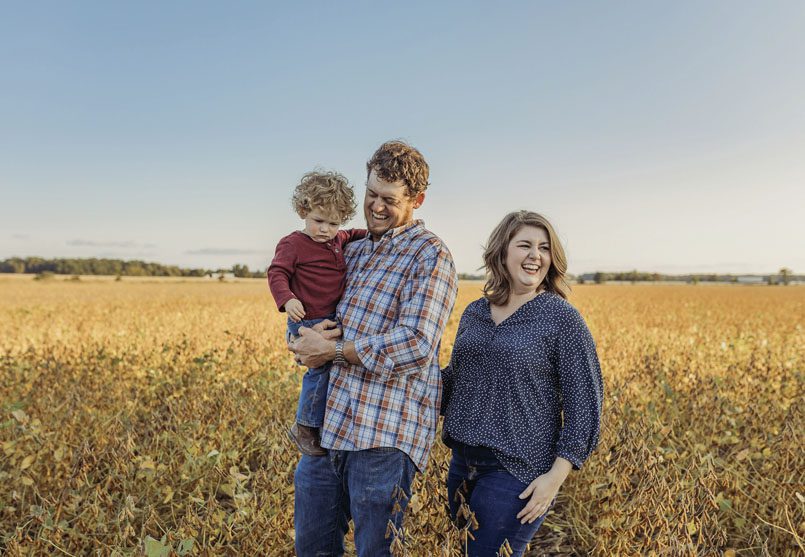02 Sep 2021 Ingrained in who we are
By Judy Riley
When driving across the state, one might notice a tractor now and then or a herd of cattle but rarely think of the impact of agriculture in Arkansas. It is no accident that Arkansas ranks No. 1 among states in total rice production and in the top five in broilers, catfish, cotton, cottonseed, turkeys, and sweet potatoes. One wonders how farmers and ranchers in this small state can contribute so much toward feeding a hungry world. It is especially astounding because five out of eleven 501 counties are considered urban, according to U of A Division Of Agriculture’s “Rural Profiles of Arkansas.”

And the variety of crops, horticulture, livestock, and poultry grown in the counties in the 501 area code mimic the composite of the state. If it is grown anywhere in the state, you can find it right here in the 501. From pine timber in Hot Spring and Van Buren counties to bottomland hardwood in the river valleys to soybeans, corn, wheat, and cotton in Lonoke, Conway, Perry, Pulaski, and White counties. And then there is livestock, poultry, and horticulture, including fruits, vegetables, and ornamentals grown in every 501 county.
One does not have to drive far from a city or town to witness farmers at work and the economic impact is significant. According to figures from the Arkansas 2019 IMPLAN database, farm revenue in the 501 was more than $844 million. And the economic impact of jobs related to agriculture, including processing of agriculture, forestry, and fish products, was more than $459 million during that same year.
So, what’s it like being responsible for a piece of this? Brad and Tara Peacock of Bald Knob are an example of a typical farm family in the 501. Brad graduated from Arkansas Tech University with a degree in agriculture business and, after trying the corporate world for three short months, returned to the farm of his roots. They grow row crops: rice, corn, and soybeans. A fifth–generation farmer, Brad says the farm is where he is meant to be. When asked why, he says, “Seeing the biblical principles of planting seeds in the soil, helping the plants grow, and the eventual harvest year after year is inspiring.” He adds that sunsets viewed from a tractor’s cab are the best.
Brad admits his biggest challenge in farming is mother nature. The weather often dictates everything. Even though it takes valuable time, both Brad and Tara readily share the farming story with others, from Tara teaching a school group about agricultural products to Brad advocating for farmers. When asked about the safety of his products, Brad says he takes pride in being ethically responsible in all his farming practices.
Like most farm families, the Peacocks are never discouraged. They proudly declare farming an unbeatable way of life. “It isn’t just about the investment of money, but also time. It’s not an 8 to 5 job; I’ve never seen a successful farmer who didn’t work till the job was done,” Brad said. “It takes commitment and dedication but is always worth whatever sacrifice.”
Tara works full time as a graphic designer at Think Art in Searcy. “Even though there are demands on family time, my favorite part of farming is watching Brad do what he loves – and he’s good at it. He’s incredibly smart, patient and persistent,” Tara said. “We pour everything we have into growing a product that ultimately provides for the world. Sometimes the payout is good, and other times it’s not, but I ask myself, ‘If not us, who?’”
She’s also glad to raise their son on a farm. “Silas loves to be outside. It’s an honor for me to raise our son watching his dad and papaw.”
Will Silas follow the path travelled successfully by five generations before him? “Only if that’s what he wants to do,” Tara said. “We will support him either way. Regardless, he will have learned the value of hard work.”










